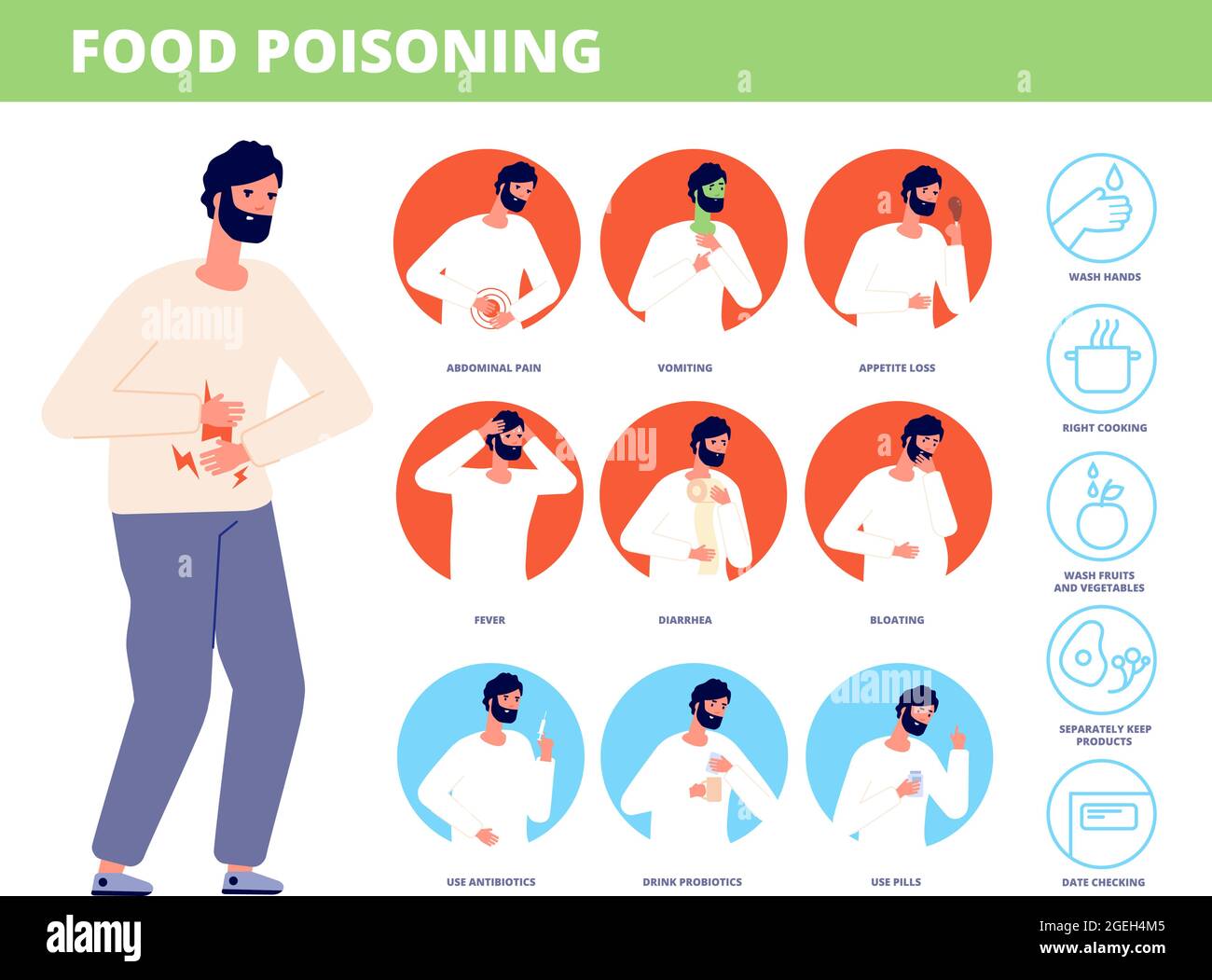
Sintomi di avvelenamento da cibo. Uomo malato, cibo velenoso o indigestione. Dolore allo stomaco, diarrea febbre nausea. Illustrazione del vettore di prevenzione della malattia Immagine e Vettoriale - Alamy

giovane africano donna sofferenza a partire dal mal di stomaco, diarrea, indigestione problema, addominale dolore, cibo avvelenamento, nausea, gastrite o gonfiore 19484040 Arte vettoriale a Vecteezy

Sintomi di gastrite infografica con personaggio femminile malato con dolore addominale, indigestione, nausea, gonfiore, bruciore di stomaco e perdita di appetito, condizione digestiva, cartone animato, vettore, illustrazione | Vettore Premium

Nausea, mal di testa, sudorazione, crampi: come riconoscere un'indigestione e cosa fare - Tanta Salute

Disturbi di stomaco e nausea malattia come un arrabbiato organo digerente carattere come una metafora medica per indigestione e dolori di pancia con liquido gastrico Foto stock - Alamy

Giovane Che Soffre Dal Dolore Di Stomaco, Diarrea, Costipazione, Riflusso Acido, Indigestione, Nausea Immagine Stock - Immagine di indigestione, sofferenza: 92511181
















